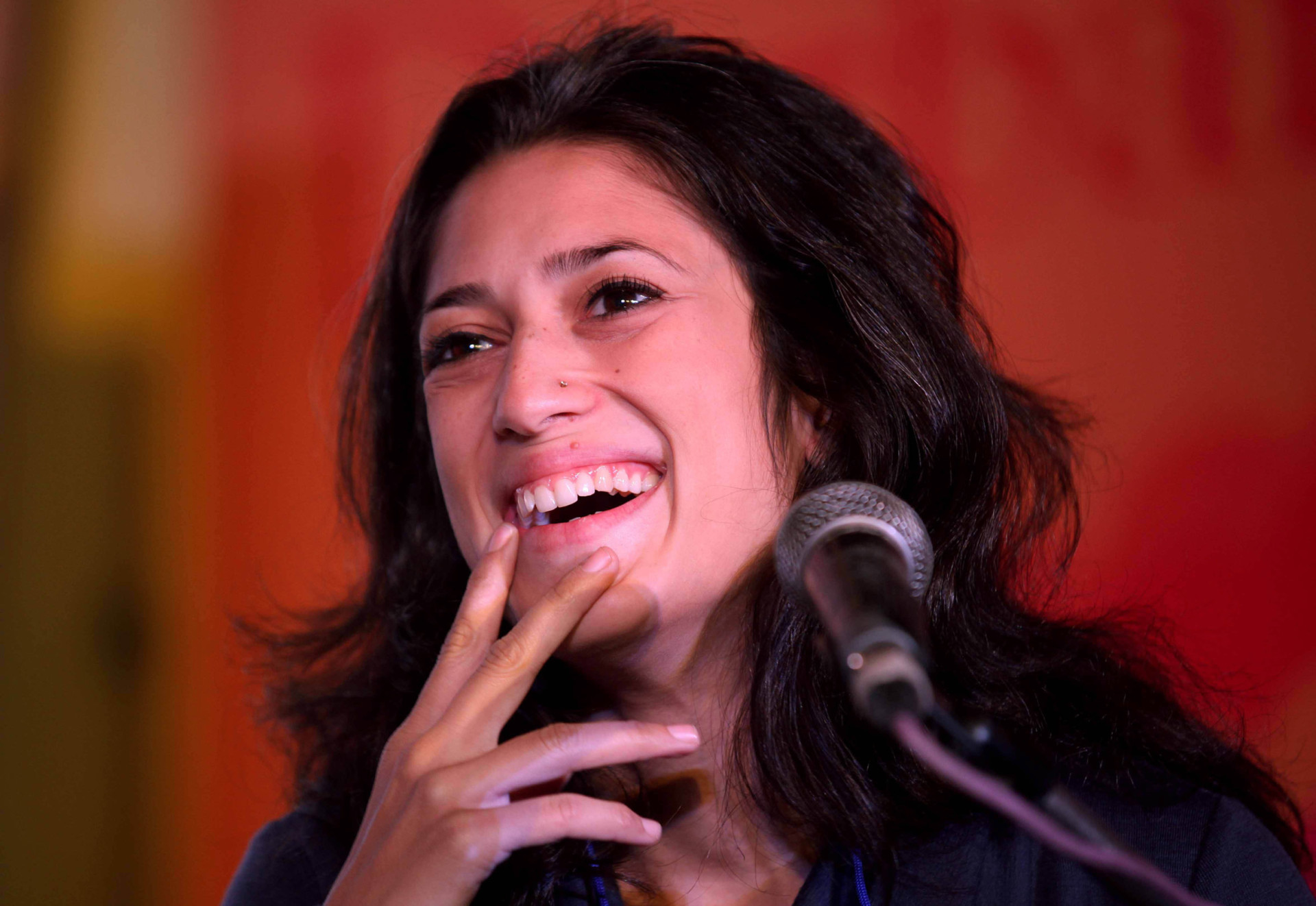Despite being a member of Pakistan’s most prominent political dynasty, Fatima Bhutto never wanted to be a politician like her aunt Benazir Bhutto, she tells New Lines’ Faisal Al Yafai. Rather, since childhood, she was determined to be a writer — an ambition that was nurtured by her late father, the left-wing parliamentarian Mir Murtaza Bhutto.
As a writer, though, she never left politics behind. Her work — both her fiction and her nonfiction — is very openly political, exploring subjects like radicalization, globalization and democracy. And yet, without rejecting it, she is critical of the label “political fiction”: You may have a larger political idea, but in order for fiction to be truly felt, it has to be about the life of the heart.
But all the best stories have a political edge, she says — and ultimately, all storytelling is in some way political. Case in point: the new pop-cultural movements emerging from outside the West, which she explored in her 2019 book “New Kings of the World: Dispatches from Bollywood, Dizi, and K-Pop.” Unlike her own work, the stories being told as part of these movements are not overtly about politics. But their success beyond the borders of the countries producing them nevertheless has a political underpinning. They have become so popular, she explains, because they offer an alternative vision of modernity to that of Western-style capitalism. And that might be the defining political issue of our age.
Produced by Joshua Martin


